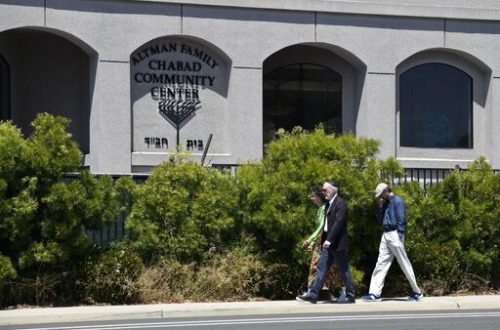President Bush has decided to ignore my advice that he scale back his inaugural festivities next week.
“The inauguration is a great festival of democracy,” he said Thursday during a round-table discussion with reporters from 14 newspapers. “People are going to come from all over the country who are celebrating democracy and celebrating my victory, and I’m glad to celebrate with them.”
But it appears the chief celebrators will be the corporate executives and lobbyists who have benefited most from Bush’s policies. As The Washington Post reported:
President Bush wants to lower barriers to building nuclear power plants, and the lobby that promotes nuclear energy could not be happier. To show its thanks, the group has given $100,000 to help pay for his inauguration.
“He’s a big supporter,” said John E. Kane, chief lobbyist for the Nuclear Energy Institute. “Our donation is just a small way of supporting him.”
The nuclear energy industry’s contribution is part of a record-breaking outpouring of corporate cash for next week’s inaugural festivities. At least 88 companies and trade associations, along with 39 top executives — all with huge stakes in administration policies — have already donated $18 million toward a $40 million goal for the country’s 55th inaugural celebration.
Wall Street investment firms seeking to profit from private Social Security accounts; oil, gas and mining companies pushing the White House to revive a stalled energy-subsidy bill; and hotels and casinos seeking an influx of immigrant labor are among the 44 interests that have each given $250,000 and the 66 that have donated $100,000 to $225,000. And the money keeps pouring in.
Practically all the major donors have benefited from Bush administration policies, especially from corporate and individual tax cuts, deregulation and the new prescription drug benefit that is part of Medicare. Most also stand to boost profits further because of Bush’s second-term proposals, which include limiting medical malpractice suits, creating private investment accounts as part of Social Security and making a tax-code revision that is expected to reduce taxes on investments.


